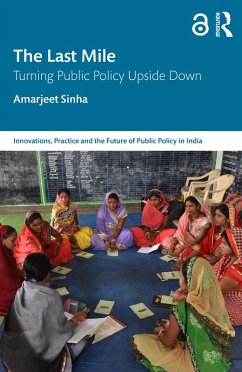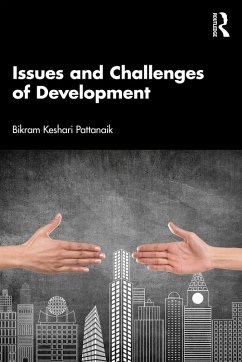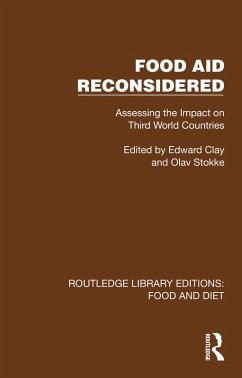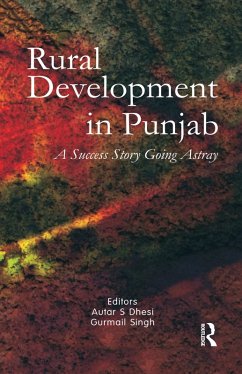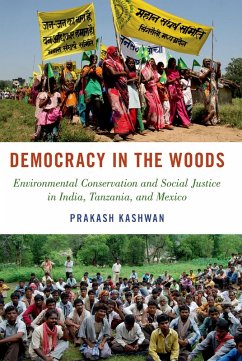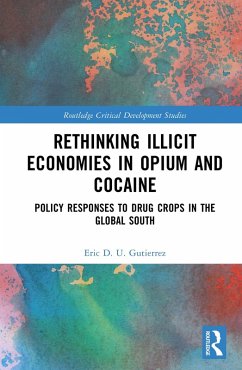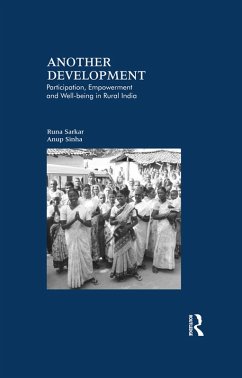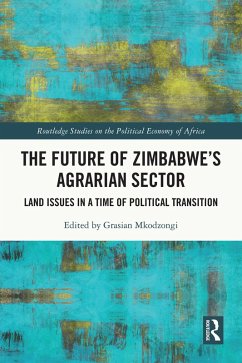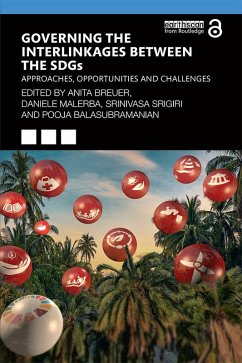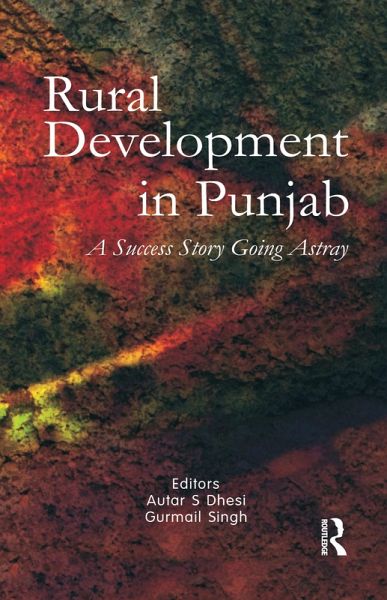
Rural Development in Punjab (eBook, ePUB)
A Success Story Going Astray
Redaktion: Dhesi, Autar S.; Singh, Gurmail
Versandkostenfrei!
Sofort per Download lieferbar
48,95 €
inkl. MwSt.
Weitere Ausgaben:

PAYBACK Punkte
24 °P sammeln!
For many years, agricultural development in Punjab symbolised one of the most successful experiments in rural development. However, this success story seems to be going astray. The crux of the problem, this volume suggests, is that externally driven modernization to meet national food needs pushed Punjab into highly specialized production of wheat and rice, resulting in over-utilisation of natural resources with adverse environmental consequences that jeopardizing the long-term viability and sustainability of the agrarian economy. Stagnating productivity, reduced farm size, falling household i...
For many years, agricultural development in Punjab symbolised one of the most successful experiments in rural development. However, this success story seems to be going astray. The crux of the problem, this volume suggests, is that externally driven modernization to meet national food needs pushed Punjab into highly specialized production of wheat and rice, resulting in over-utilisation of natural resources with adverse environmental consequences that jeopardizing the long-term viability and sustainability of the agrarian economy. Stagnating productivity, reduced farm size, falling household incomes, depleting groundwater resources, are only a few of the problems that characterise Punjab's agriculture today.
The book establishes clearly that rural development implies more than transformation of traditional agriculture. Apart from ensuring efficient use of limited resources to sustain agricultural production, rural policy should encompass promotion of non-farm activities, investments in social and economic structure and civic amenities.
The book establishes clearly that rural development implies more than transformation of traditional agriculture. Apart from ensuring efficient use of limited resources to sustain agricultural production, rural policy should encompass promotion of non-farm activities, investments in social and economic structure and civic amenities.
Dieser Download kann aus rechtlichen Gründen nur mit Rechnungsadresse in A, B, BG, CY, CZ, D, DK, EW, E, FIN, F, GR, HR, H, IRL, I, LT, L, LR, M, NL, PL, P, R, S, SLO, SK ausgeliefert werden.




